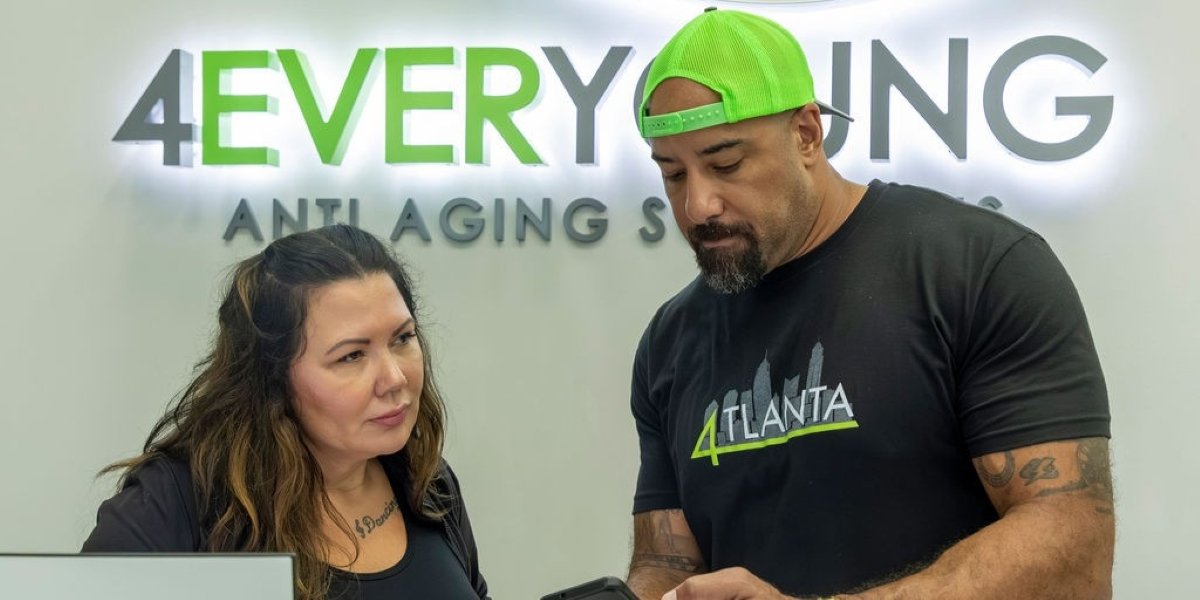By: Rachel Larson
In a constantly shifting tech landscape, the strength of a development team can set a company apart. Effective leadership has become essential. Senior software engineers are tasked with driving their teams toward excellence through a blend of strategic guidance and fostering a collaborative environment.
These engineers leverage their experience to create spaces where innovation thrives and challenges become opportunities. Senior Software Engineer David Boutry explores what today’s senior software engineers are doing to elevate team performance and cultivate a continuous improvement and engagement culture.
Understanding the Role of Leadership in Development Teams
Leadership in software development is a catalyst for team success. A leader’s role extends beyond management; it involves inspiring and fostering an environment where developers can excel. Effective leadership blends technical understanding with human empathy.
Different leadership styles significantly impact productivity. Transformational leaders inspire and motivate their teams, leading by example and encouraging team members to share ideas and tackle challenges. This approach boosts engagement and innovation. In contrast, transactional leaders focus on structure and clear objectives, rewarding team members for meeting specific goals. While this style ensures consistency, it can stifle creativity without opportunities for autonomy. Both styles are valuable; the key lies in adjusting leadership approaches to meet the team’s needs.
“Building trust within a development team is essential for collaboration,” says David Boutry. “When team members can express ideas without fear of judgment, innovation thrives.”
Leaders foster this culture by actively listening and valuing contributions and viewing feedback as a growth tool.
Encouraging open communication and team bonding enhances collaboration. Regular meetings, workshops, and informal check-ins help build rapport and understanding. Inclusive practices ensure every voice is heard, promoting a sense of belonging that fuels collaboration.
Prioritizing trust and collaboration creates a team dynamic where each member feels responsible for the team’s success. This approach enhances productivity and cultivates resilience, empowering the team to move forward continuously.
Effective Communication Strategies for Developers
Building stronger development teams hinges on more than just technical skills. Effective communication is vital for a team to thrive. Developers, often immersed in complex coding worlds, benefit from structured communication methods that enhance collaboration and understanding.
Agile communication practices are crucial for keeping development teams aligned and focused on shared goals. These methods include daily stand-ups and sprint reviews, which serve to streamline communication and ensure clarity.
During daily stand-ups, team members share updates on their progress, discuss any obstacles they are encountering, and plan their tasks for the day. This regular interaction keeps everyone on the same page while allowing team leaders to identify and address issues quickly. Sprint reviews, typically held after each sprint, offer an opportunity for the team to showcase their work and gather feedback from stakeholders. This process not only facilitates transparency but also fosters a culture of open communication and continuous improvement.
By incorporating these agile practices, development teams can enhance their collaboration, reduce misunderstandings, and maintain a steady focus on their objectives.
Feedback loops play an essential role in refining team dynamics, driving growth, and promptly addressing problems. Regular feedback, both from peers and leadership, encourages personal development and helps create a more cohesive team environment.
Constructive feedback should be given frequently and in real-time, allowing team members to learn and adjust their approaches swiftly. Establishing a feedback-rich culture enables developers to take ownership of their performance, fostering a sense of accountability. When feedback flows both ways, leaders can also adapt their strategies based on team insights.
Through effective feedback loops, teams can identify hurdles early on, celebrate successes, and perpetually enhance their workflows. Engaging in open discussions about performance and development cultivates a shared commitment to excellence and reinforces the team’s collective resilience against challenges.
Empowering Team Members Through Autonomy
Empowering team members with autonomy boosts both effectiveness and morale. In development teams, this autonomy unlocks individual potential, fostering ownership and responsibility that leads to innovative solutions and increased productivity. Trusting developers to take charge creates an environment where creativity flourishes, and team members feel valued.
Notes Boutry, “Allowing team members to lead projects transforms their perception of work.”
When developers take ownership, they invest more passion and care into their tasks. Motivated by trust, they often exceed expectations, delivering exceptional work that reflects their best efforts. This personal investment fosters accountability and pride in project outcomes.
The ability to make decisions significantly enhances motivation and involvement. Leaders who encourage ownership not only boost productivity but also cultivate a team culture that thrives on dedication and innovation.
While autonomy fosters innovation, it must be paired with accountability. Leaders should establish clear expectations and objectives to prevent autonomy from becoming chaotic. Accountability serves as a guiding framework, ensuring focus and alignment with team goals.
This balance encourages creativity while providing structure. A clear roadmap of responsibilities keeps developers aligned with team goals and ensures milestones are consistently met, creating an environment where autonomy becomes a shared responsibility.

Continuous Learning and Development
In high-performing development teams, staying ahead requires more than just staying up to date with the latest technologies. It’s about creating a culture where learning is embraced, not just encouraged. Learning and development aren’t just policies to implement but are necessary to keep a team’s skills sharp and innovative. Opportunities to acquire new skills should be part of the team’s DNA, fostering growth at both the individual and collective levels.
Regular workshops and training sessions can serve as a vital tool in enhancing team skills. They break up routine workflows and introduce fresh ideas and methodologies. These sessions should incorporate soft skills like communication and teamwork, which are just as crucial in a collaborative environment. Workshops can be as simple as lunchtime learning sessions or intensive workshops with industry experts.
Encouraging a growth mindset is about cultivating a team that sees challenges as opportunities rather than obstacles. It’s about transforming how team members perceive setbacks, encouraging them to learn and adapt. Leaders can support this mindset by promoting an environment where taking risks and making mistakes are seen as crucial to the learning process.
“By embedding continuous learning and development in the team’s culture, leaders empower their people to strive for excellence continuously,” says David Boutry.
This approach sharpens individual skills while aligning team dynamics toward shared growth and success. Strong leadership anchors successful development teams. Senior software engineers teach crucial lessons that drive team growth and success. Encourage creativity by understanding the impact of different leadership styles.
Trust and collaboration are essential for innovation, so leaders should listen and value each contribution. Effective communication practices, like agile methods and feedback loops, enhance collaboration and help overcome obstacles swiftly. Empowerment through autonomy enables developers to innovate and take ownership of their projects while maintaining accountability, ensuring team goals remain clear.
Continuous learning fuels development, keeping skills sharp and promoting a growth mindset. These leadership lessons show that success in software development isn’t just about what you build but how you lead. For leaders, the challenge is to inspire, guide, and create environments where teams thrive.
Published by: Holy Minoza












